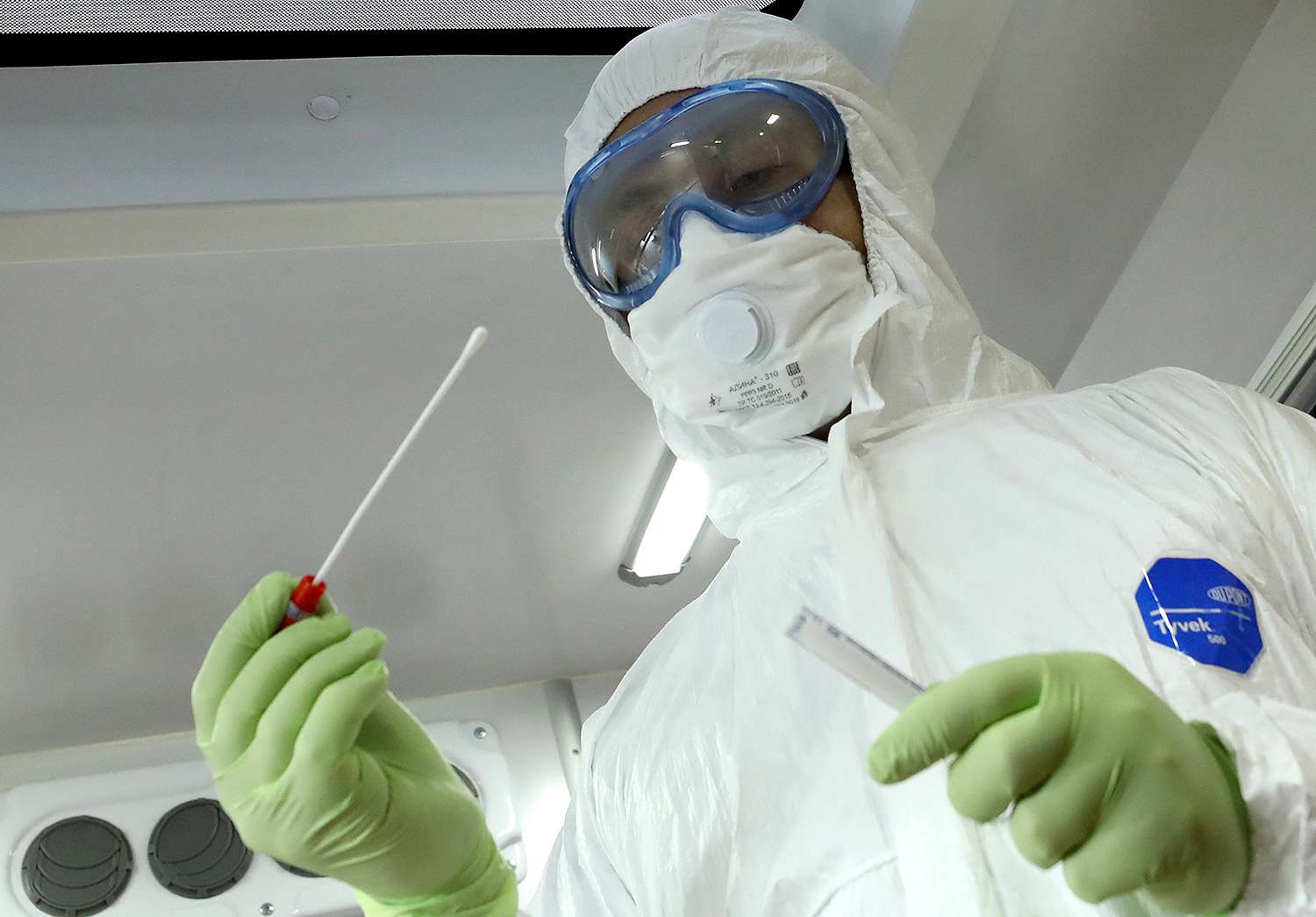Wuhan Has 6 New Cases of Coronavirus — and Will Test Its 11 Million Citizens to Stop Further Spread

Chinese authorities are beginning a massive push to test all 11 million residents of Wuhan, China for the new coronavirus, COVID-19, after six new cases were found in the city.
Wuhan was the site of the first COVID-19 outbreak worldwide, beginning in late December, and the city’s residents spent nearly two and a half months in a full lockdown to stop the virus’ spread.
The city had gone 35 days without a new case until Saturday, when an 89-year-old man tested positive for the virus, The Washington Post reported. The next day, his wife and two other elderly couples in their residential compound also tested positive.
The man first had COVID-19 symptoms on March 17, and recovered at home in about 10 days. But last month, his health issues returned, and he was confirmed to have the virus on Saturday.
Wuhan officials immediately tested all of the 5,000 residents of his compound, and then announced the plan to test everyone in the city over the next 10 days. They have conducted about 1 million tests so far.
Officials warned citizens that they should remain vigilant in practicing good hygiene and social distancing, to avoid a second wave of COVID-19.
Mi Feng, spokesman for China's National Health Commission, said that people need to "stay alert and step up personal protection against the virus," CNN reported.
Two other countries that had appeared to be past the height of their outbreaks, South Korea and Germany, are also advising caution after new clusters of the virus emerged.
South Korea, which had one of the most efficient COVID-19 testing systems in the world and was able to quickly contain the virus, had begun to reopen. But a new cluster of over 100 cases in Seoul has worried the country. The city has again shut down more than 2,000 clubs and bars after a man in his 20’s, who later tested positive for the virus, appears to have spread the virus after visiting several clubs in the city’s Itaewon entertainment district, CBS News reported.
In Germany, the reproduction number for the virus — meaning the number of people that are infected from each new case — had gone above 1 for three days in a row, after holding steady around 0.65, sparking concerns that the country had reopened too soon. However, German officials announced Wednesday that the reproduction number was back below 1.
Still, German Chancellor Angela Merkel asked citizens to stay home as much as possible.
"We have the obligation to not jeopardize what we have achieved so far already,” she said, according to CNN.
As information about the coronavirus pandemic rapidly changes, PEOPLE is committed to providing the most recent data in our coverage. Some of the information in this story may have changed after publication. For the latest on COVID-19, readers are encouraged to use online resources from CDC, WHO, and local public health departments. PEOPLE has partnered with GoFundMe to raise money for the COVID-19 Relief Fund, a GoFundMe.org fundraiser to support everything from frontline responders to families in need, as well as organizations helping communities. For more information or to donate, click here.
Source: Read Full Article
